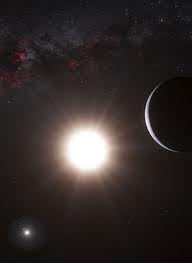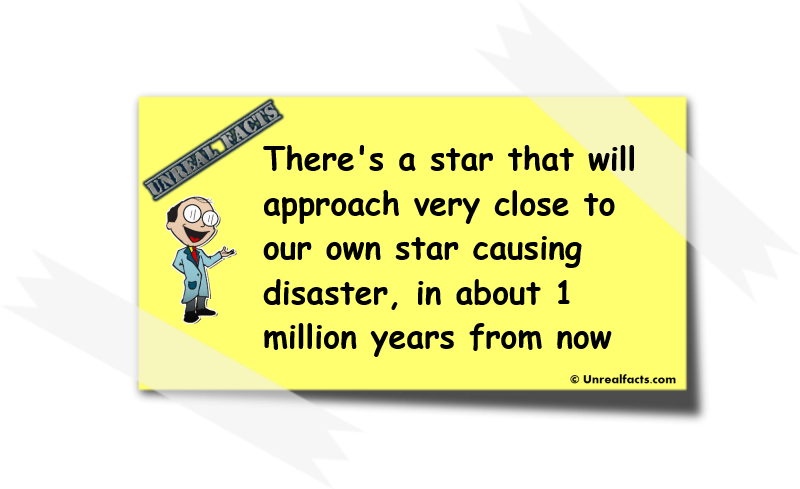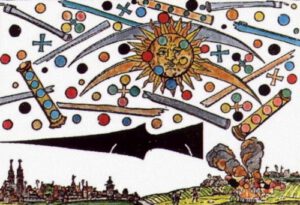Can stars collide? In this vast universe, and even in our own back yard, the Milky Way, there an almost infinite number of stars. All these stars are actually suns like our own. Some are very much smaller, while some are massively larger, dwarfing our own sun in their shadow. But even though there are billions upon billions of stars in the universe, the distance between them is usually massive. This would mean that the death of a star by impact would be s near impossibility. Or is it?
We more often hear about the death of a star coming about through old age. They basically consume all of their resources and whither away. Sometimes they will go supernova and explode. But that’s not the only way a star can meet its end. In a form of cosmic hunting, stars can even be devoured by black holes, the true hidden monsters of the universe. Then there’s the collisions between stars.
Although stars can collide, it’s a rare event. But not as rare as you might think or want it to be. We say this because our very own sun is facing a very close encounter with another star, but in a very long time.
A star has been discovered that is moving closer to our own sun. In about 1 million years the star named Gliese 710 will have moved to within 6/10th’s of a light year (5,676,438,283,548.48km or 3,527,175,223,900 miles) from us. Alpha Centauri, which is over 4 light years away is currently the closest star to us. As it makes its approach near our sun, it has been calculated that it will enter the Ort cloud belt within our own solar system, and this will cause impacts of the inner planets from items such as comets. There’s even a remote chance that it will pass even closer to cause significant gravitational disturbances.









